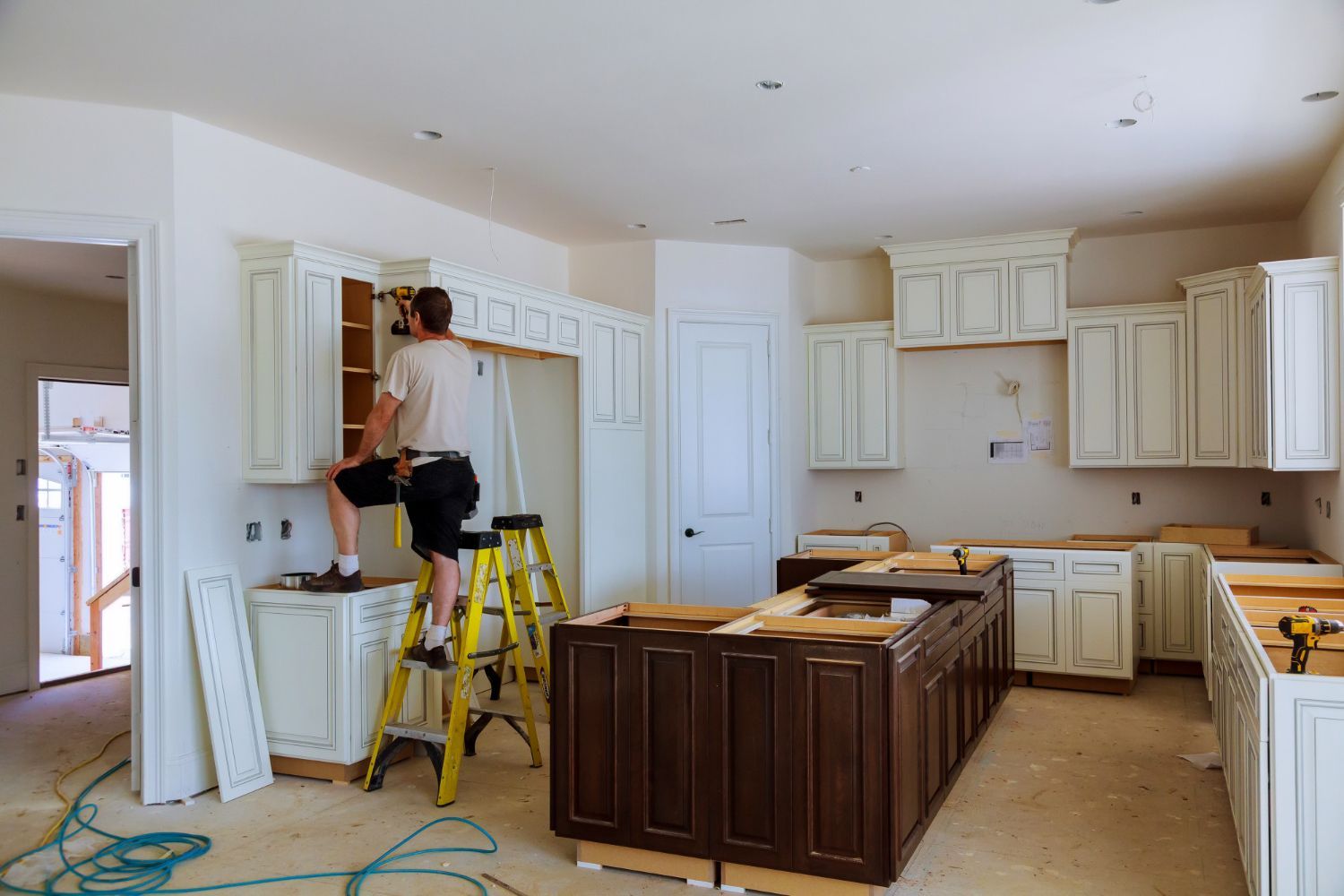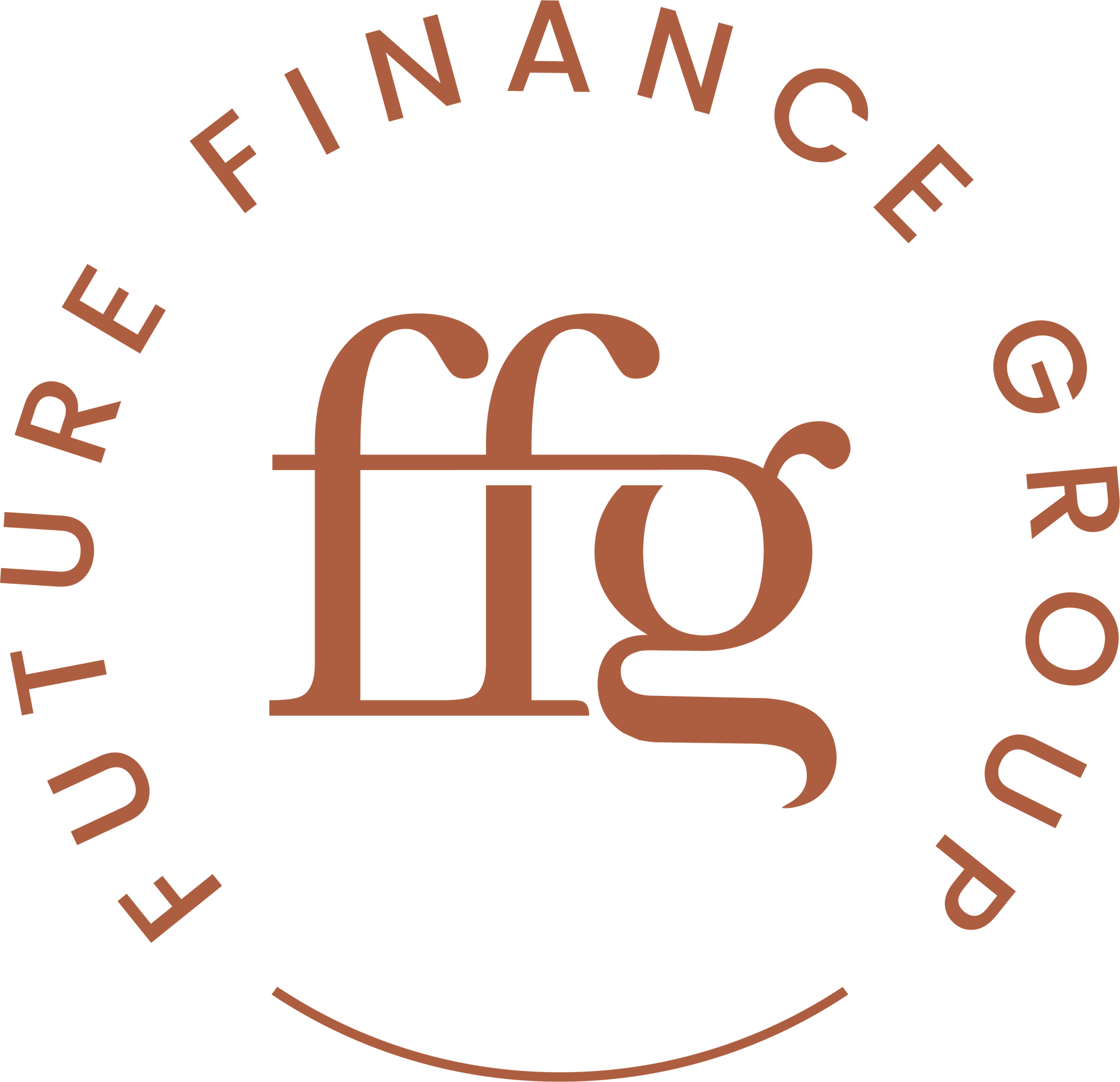THE REAL WORLD…LIFE AFTER GRADUATION
Congratulations! Here you are in your cap and gown, degree in hand. This is what you’ve been working towards these past few years. So…what’s next?
Completing tertiary study can be both the most exciting and daunting time of a graduate’s life. Some may head off for post-study travel (read our article about ‘debt lag’!) but for most, graduation marks the transition to their chosen career and the first step into the ‘real world’.
Getting started
Finding a job will be top of mind for most graduates. A 2016 student survey found:
- 70% of graduates agreed it was more important to feel fulfilled at work than earn lots of money.
- 64% were willing to make sacrifices in their personal life to develop their career, and
- 66% expected to work 41 hours or more per week in their first professional role to get ahead.
It seems the future of our workforce is in good hands!
Becoming independent
This is also a time when some young adults move out of home. Perhaps you need to relocate for a job or it’s simply time for more independence? Regardless of the reason, learning to be responsible for our own finances and expenses can be confronting.
It’s important to plan, budget and consider all costs you will incur BEFORE you move, including:
- Will you live alone or share? Your weekly rental limit will determine the location and property type.
- One-off costs such as rental bond (usually 4 weeks rent), rent in advance (usually 2 weeks rent), removalists, connection fees for phone, internet, utilities plus furniture, linen, kitchenware, household supplies etc.
- Ongoing costs such as rent, gas, electricity and water bills, food, entertainment, transport and/or car costs and home contents insurance.
If you have an informal arrangement in a share house there are usually no real legal ties. If you sign a lease, there are binding legal and financial obligations. If you are sub-letting under your lease, you are responsible for the care and upkeep of the property. Make sure you understand what you’re signing.
How to manage and get ahead
What are the ‘golden rules’ to help you manage your money and protect your financial future?
1. Create a budget and live by it
Try to divide your salary into 50% for essentials, 30% for lifestyle and 20% for savings. If you can’t manage to live and save, perhaps revise your plans?
2. Avoid ‘dumb’ debt
Credit and store cards can lead to a financial disaster. If you have a credit card ensure you are disciplined about usage and repayments.
3. Protect your credit rating
Pay your bills on time, which means before the bill is due not at the second final notice. Poor financial habits can affect your ability to qualify for a home loan.
4. Don’t ignore superannuation
It’s wise to understand now the role superannuation plays in your future. It should be part of your financial planning from your 20s, not your 40s.
Remember your student loan…
This can be the ‘elephant in the room’ for students, so what are the facts? Compulsory repayments through your tax return are required when your income exceeds a minimum repayment threshold. You can also make voluntary payments at any time. Student loan repayments should be factored into your long-term financial planning.
As of January 2016, if you have moved overseas your repayment obligations will remain the same as if you are living in Australia.
Protecting your future
Living life on a single income leaves you open to one critical risk you may not have considered. How will you afford your lifestyle if something happens to you and you can’t work? How do you protect the income you are currently depending on?
When we’re young and healthy, few of us think of anything going wrong but it’s important to understand how to protect your income.
We’re always here for a chat so please don’t hesitate to contact us.
- The GradAustralia 2016 student survey/The Australian
- www.ato.gov.au
*Disclaimer: This article is generic in nature. All investment decisions should be considered wisely and based on your personal and financial circumstances. Seek proper advice before committing to any course of investment action. This is not deemed as advice.



